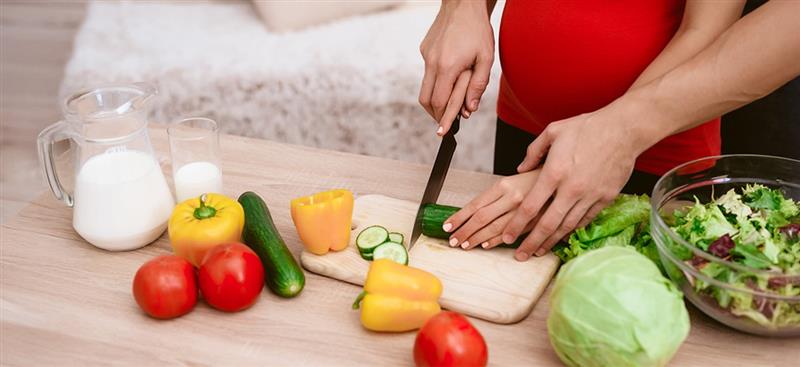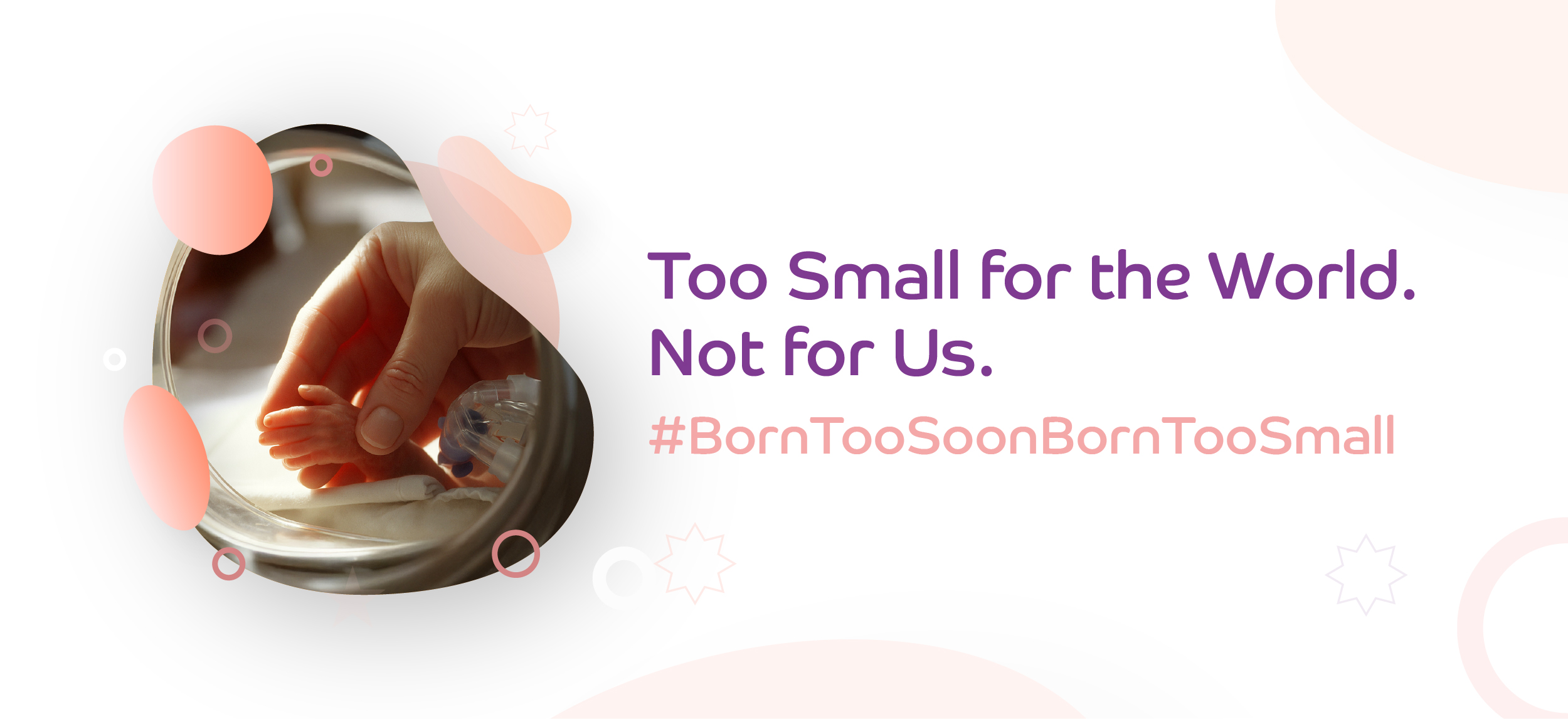Categories
Pregnancy Diet Chart: Best Diet Plans, What to Eat & Avoid For A Healthy Baby
Jul 07, 2025
Pregnancy is a journey like no other. It is a time when your body nurtures a new life, and your food choices directly impact the growth and development of the baby. While every pregnancy is unique, your role in maintaining a balanced and mindful diet chart is crucial for your health and your baby's well-being. At Rainbow Hospitals, we understand the evolving nutritional needs during pregnancy, especially in the Indian context where vegetarian diets are standard, regional cuisines vary widely, and traditional wisdom often blends with modern science. In this article, let us break down what an ideal pregnancy diet looks like, what to eat and avoid, and how you can make nourishing choices, especially during that crucial first trimester.
This pregnancy diet chart is only a general guide. Personal needs may vary based on health conditions, weight, and a doctor’s advice.
Occasionally, yes, but with caution. Choose clean, reputable places, avoid raw salads or uncooked items, and steer clear of street food. During pregnancy, your immunity is slightly lower, and contaminated food can lead to infections that may affect you or your baby. Home-cooked meals with fresh ingredients are always the safest bet.
Diet for Pregnant Women in the First Trimester
The first trimester (0–12 weeks) is a crucial phase in your baby’s development. This is when vital organs, the brain, and the spinal cord begin to form. Despite the challenges of morning sickness, small, frequent, nutrient-rich meals can be a game-changer. Here is what your diet for pregnant women in the first trimester should include: Folic Acid-rich foods are essential to prevent neural tube defects. Do not forget to include spinach, broccoli, citrus fruits, lentils, and fortified cereals. Iron helps in building red blood cells. Opt for jaggery, dates, raisins, beets, and green leafy vegetables. Pair with vitamin C (like amla or oranges) to enhance absorption. Consume Protein for cell growth. Include dal, paneer, milk, curd, eggs (if non-vegetarian), and soaked nuts like almonds and walnuts. Complex carbohydrates like brown rice, whole wheat roti, and millets like ragi and jowar help maintain energy levels. Hydration is not just important, it's a game-changer. Sip on coconut water, buttermilk, and plain water to stay hydrated and ease nausea.Vegetarian Diet Chart for Pregnancy
| Time | Food Options |
| Early Morning | A glass of warm water with lemon or soaked fenugreek seeds |
| Breakfast | Idli with sambhar / Vegetable poha / Oats porridge + fruit (banana/apple) |
| Mid-Morning | A handful of soaked almonds and walnuts + coconut water / lassi |
| Lunch | Brown rice or chapati + dal + sabzi (like lauki, carrot, or spinach) + curd |
| Evening Snack | Sprouted moong salad / vegetable soup / fruit chaat |
| Dinner | Phulka + light sabzi + glass of milk / khichdi with ghee |
| Bedtime | Warm turmeric milk or a small banana (if not prone to sugar issues) |
What to Avoid During Pregnancy
While food can heal and nourish, certain items can be harmful during pregnancy. Here is what to watch out for:- Restrict unpasteurized dairy and soft cheeses like feta or brie, as they may be hard to digest
- Please do not indulge in undercooked or raw eggs, meat, or seafood, as they can cause food poisoning.
- Do not excessively consume Papaya and pineapple, particularly in early pregnancy, as certain enzymes in these fruits may trigger uterine contractions.
- Avoid street food as it may be contaminated and unhygienic and can trigger stomach issues.
- Limit the intake of Caffeine and aerated drinks, as too much caffeine can affect fetal development.
- Talk to your doctor about herbal teas and supplements, as some may not be pregnancy-safe











